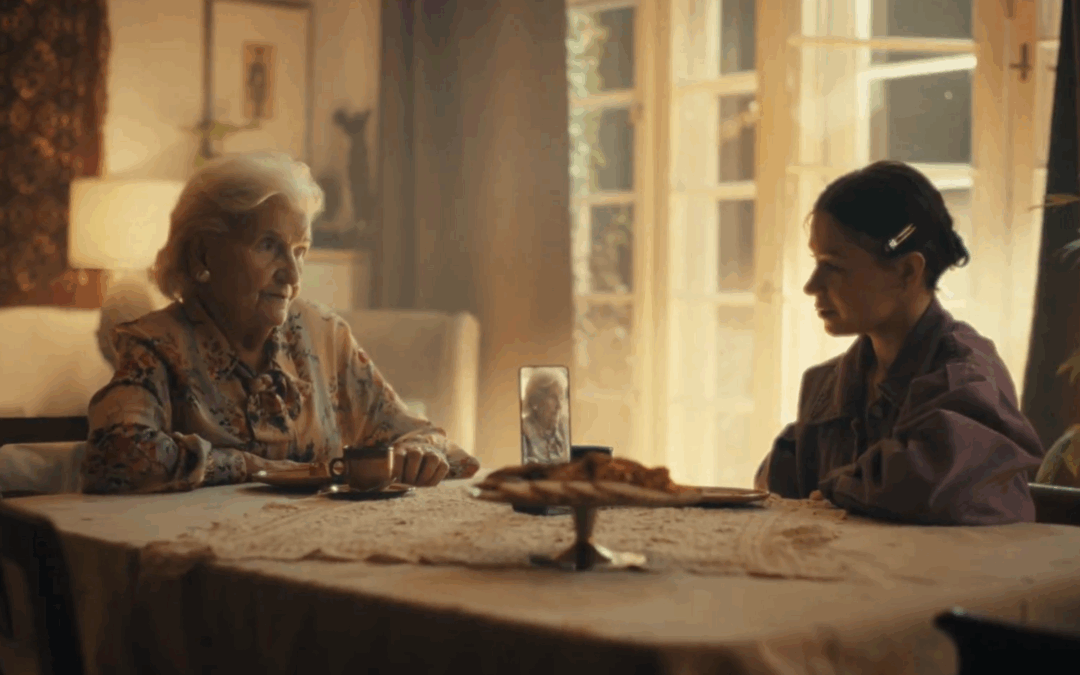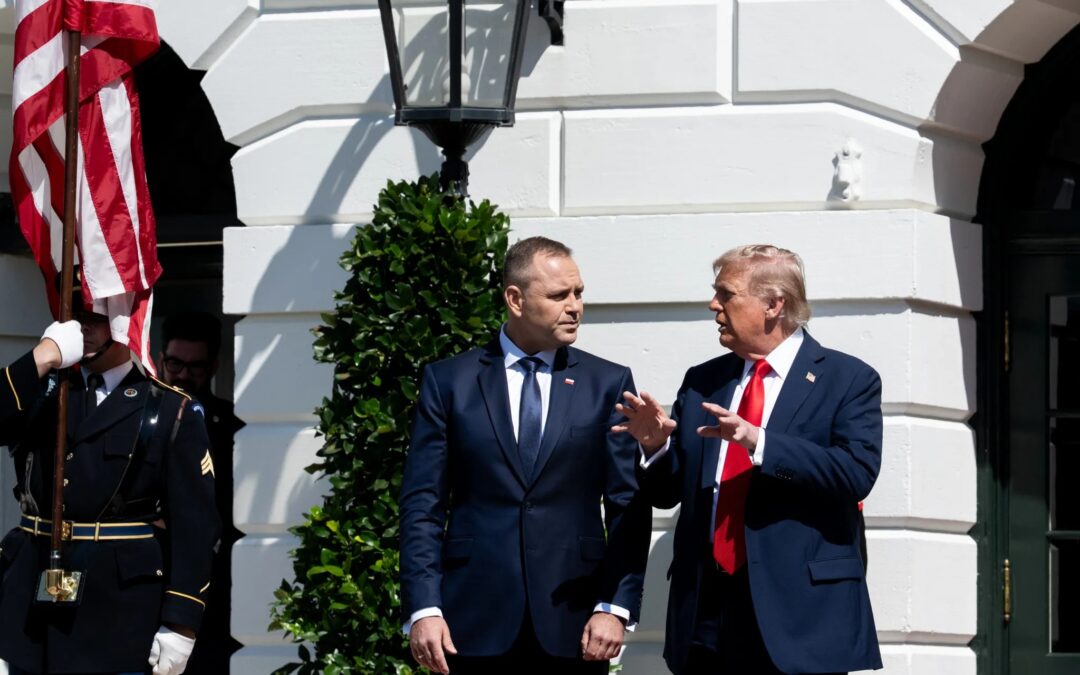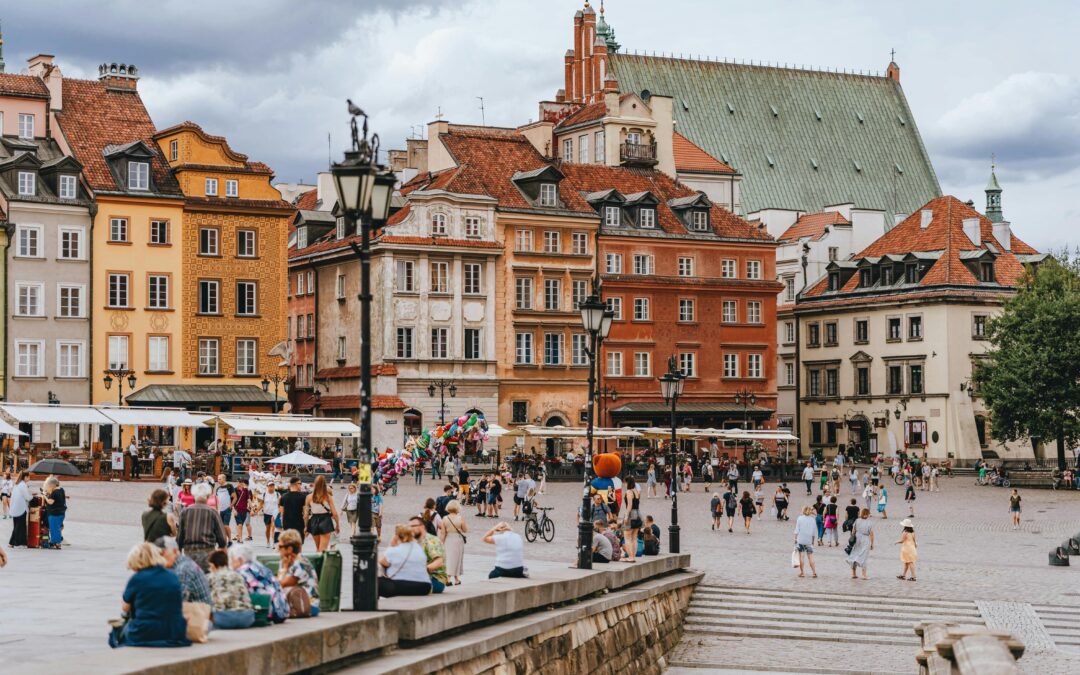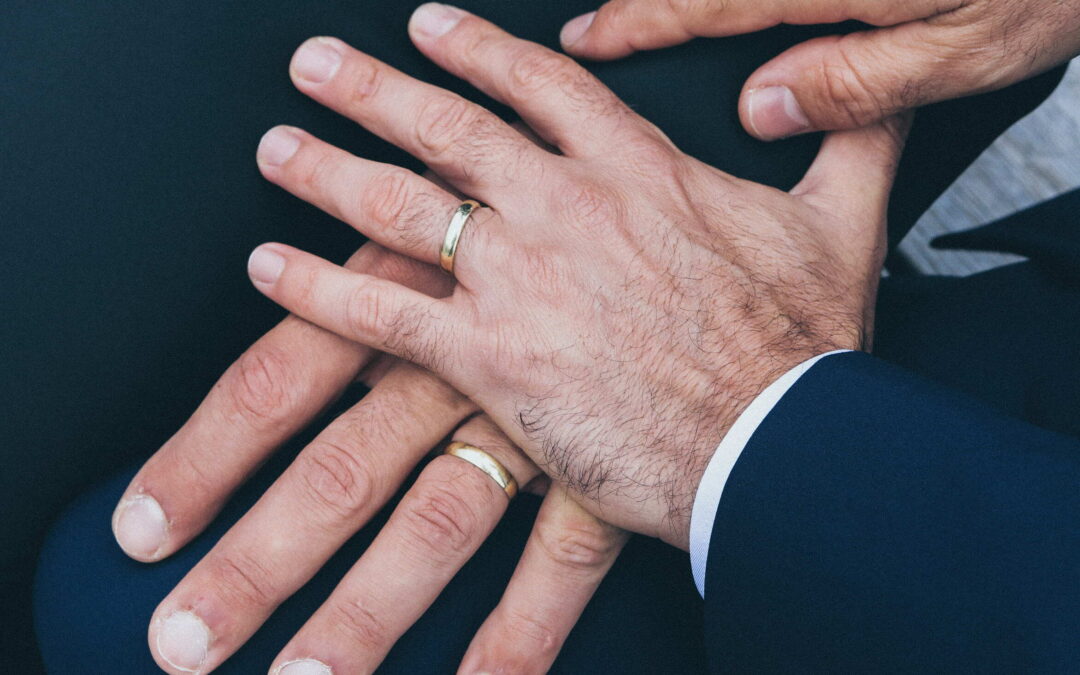Keep our news free from ads and paywalls by making a donation to support our work!

Notes from Poland is run by a small editorial team and is published by an independent, non-profit foundation that is funded through donations from our readers. We cannot do what we do without your support.
The Warsaw Rising Museum has launched a new app, called Memory Factory, to help young people document the wartime recollections of the remaining members of the generation who lived through the Second World War.
“Among us, there are still those who remember it [the war]. Only our joint effort will save these memories,” wrote the museum on X, encouraging Generation Z to record interviews that can become part of Poland’s digital archive of WWII memories.
80 lat temu zakończyła się II wojna światowa. 🇵🇱
Wśród nas żyją jeszcze ci, którzy ją pamiętają. Tylko nasz wspólny wysiłek pozwoli ocalić te wspomnienia. 𝗣𝗼𝗿𝗼𝘇𝗺𝗮𝘄𝗶𝗮𝗷 𝘇 𝘁𝘆𝗺𝗶, 𝗸𝘁ó𝗿𝘇𝘆 𝗽𝗮𝗺𝗶ę𝘁𝗮𝗷ą 𝗰𝘇𝗮𝘀𝘆 𝘄𝗼𝗷𝗻𝘆. Nagraj wywiad i dołącz do… pic.twitter.com/9WHEYJxytk
— MuzeumPowstania1944 (@1944pl) May 8, 2025
The Memory Factory app was launched on the 80th anniversary of the end of World War Two as part of an effort by the museum to document the wartime recollections of a group that is underrepresented in Poland’s existing archive of interviews.
“In the past we recorded soldiers…then we recorded civilians, who were also ‘creators’ or witnesses of those events,” Jan Ołdakowski, director of the Warsaw Rising Museum, told radio station TOK FM. “And suddenly we confronted the fact that there is a third group. They are today’s seniors who experienced the war as children.”
“They often carry stories from which it is impossible to make a big movie or write a comprehensive book, but these stories are very, very important to them,” Ołdakowski added. He explained that the museum is seeking to document memories of simple, everyday situations and emotions from people who were children during the war.
The project is primarily aimed at those aged 12-20 years, although anyone can take part in it. The Warsaw Rising Museum hopes to inspire young people to talk to any of their grandparents, great-grandparents or neighbours who would like to share their childhood memories of the war.
“This project involves new technologies in building an intergenerational bridge,” said Paulina Piechna-Więckiewicz, a deputy education minister. She emphasised that the memory passed from the older to younger generation creates a community and encouraged young people to participate in the project.
Videos can be recorded and sent to the museum using the Memory Factory app. Selected recordings will then become part of the digital memory library. An accompanying website provides tutorials on how to prepare for and set up the interview, as well as giving examples of appropriate questions.
The app also includes music samples that can be added to the video. It can be downloaded for free from Google Play and the App Store and is only available in Polish.
The museum is running a competition for 12-20 year olds who submit recordings via the app, with prizes including e-readers, power banks, speakers and retail vouchers. Schools that send a high number of videos can also win a class trip to the Warsaw Rising Museum.
After the fall of the Warsaw Uprising – which began 80 years ago today – the German occupiers expelled the city's entire population.
However, some survivors decided to remain among the ruins. They became known as "Robinson Crusoes" and this is their story https://t.co/UuVbfbcpQ4
— Notes from Poland 🇵🇱 (@notesfrompoland) August 1, 2024

Notes from Poland is run by a small editorial team and published by an independent, non-profit foundation that is funded through donations from our readers. We cannot do what we do without your support.
Main image credit: MuzeumPowstania1944 / X

Agnieszka Wądołowska is deputy editor-in-chief of Notes from Poland. She is a member of the European Press Prize’s preparatory committee. She was 2022 Fellow at the Entrepreneurial Journalism Creators Program at City University of New York. In 2024, she graduated from the Advanced Leadership Programme for Top Talents at the Center for Leadership. She has previously contributed to Gazeta Wyborcza, Wysokie Obcasy and Duży Format.



















